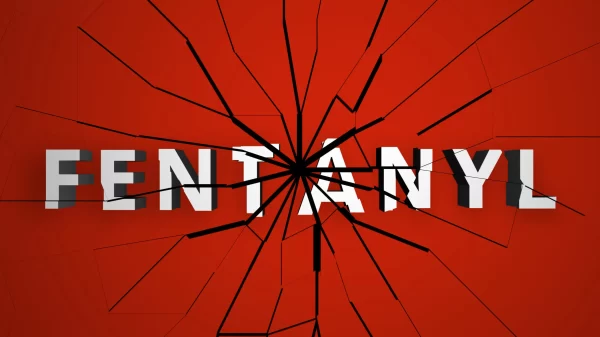|
Getting your Trinity Audio player ready...
|
Gov. Kay Ivey put her signature last session on a bill by State Rep. Chris Pringle, R-Mobile, that would charge fentanyl dealers with manslaughter when the user dies. But the bill is effectively unenforceable, causing Pringle to have to once again attempt to carry the bill through the session.
With the full Legislature already agreeing on the bill just last year, some might expect pushing the bill through this year would be a mere formality.
But When Pringle stepped up to the dias in the House Judiciary Committee meeting on Wednesday, his bill left out one key word that the Legislature had worked to add into the bill last session: “knowingly.”
Rep. Chris England, D-Tuscaloosa, caught the change and asked Pringle about it.
“The way this bill is currently written, it tracks federal law,” Pringle said. “If you put the word ‘knowingly,’ I’m not a lawyer, but I can get every drug dealer off. We can never charge a drug dealer because all the drug dealer has to say is ‘I didn’t know it had fentanyl in it, I’m innocent.'”
“That’s a burden that we carry on every prosecution on every single criminal charge that goes into court,” England responded. “And the reason that the ‘knowingly’ language is important is because not everybody is a drug dealer. Some people are addicted to a substance, and they are abusing a substance together. And the two people that are abusing the drug, one gives it to the other, both addicted to a substance, but that person could be charged with manslaughter.”
While England argued that the bill should target drug dealers, Pringle doubled down, saying England’s example of two drug addicts sharing drugs is an example of how someone should be charged by the law.
“If two people are using drugs and one of them dies, we can’t charge the other one?” Pringle asked.
“We didn’t; we don’t,” England said. “As a matter of fact, we created an exception so people who are involved with others who are overdosing can call the police to come help that person so we don’t charge them. What your bill will actually do is provide a disincentive and allow somebody to sit there and watch somebody else die because they don’t want to be charged with manslaughter.”
Pringle and England also disagreed on whether adding the word “knowingly” would allow drug dealers off the hook under the law.
“The District Attorneys Association pointed out to me that the way this bill is written tracks federal law and that ‘knowingly’ put a problem in the bill, we didn’t catch it at first, and that made it impossible to prosecute people,” Pringle said.
“That’s not true,” England said. “That’s not true to say that you can’t prosecute somebody because you’ve got a ton of circumstantial evidence.”
Pringle repeated that adding that language would allow drug dealers to get off by saying “I didn’t know there was fentanyl in it.”
“Do you know how many people are sitting in jail that said the exact thing you just said?” England asked.
Despite the long conversation about the change, the bill passed out of committee as Pringle presented it. Pringle told England that if he wanted to amend the bill later to discuss it with the District Attorneys Association and get them to approve of the language.



















































